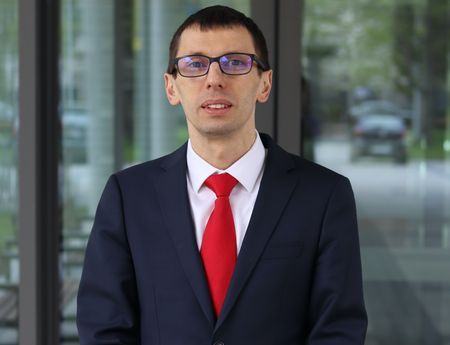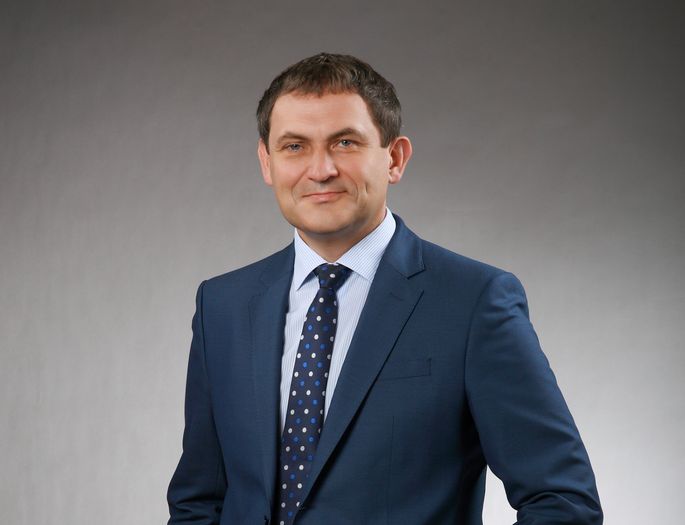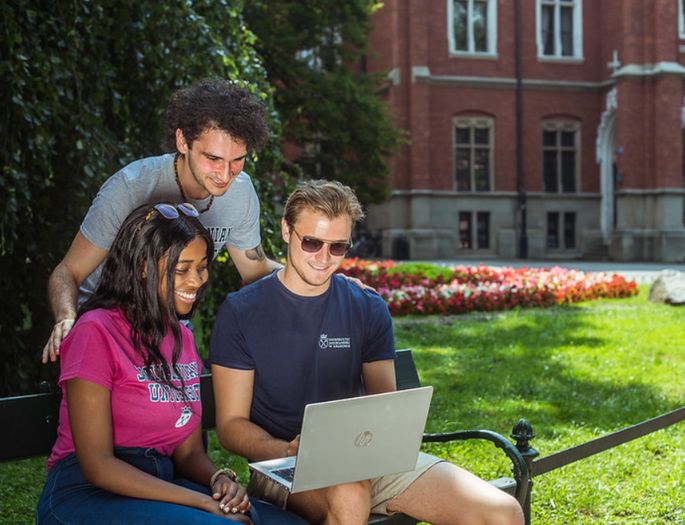
Jagiellonian University scientists have developed the world’s first method of fast identification of bacteria and fungi on photographs from light microscopes. The new technology utilises deep neural networks and artificial intelligence with the aim of supporting medical diagnostics. It can also be applied in industry, food safety monitoring, or scientific research.
‘The user only has to upload microscopic images of microorganisms to the computer system. In response, the system generates a report with a list of specific species of bacteria present in the analysed material. The entire operation takes no longer than one minute’, explains Prof. Bartosz Zieliński from the JU Institute of Computer Science and Computer Mathematics.
This procedure, simple from the user’s point of view, is possible thanks to a complex technology based on deep neural networks and nearly ten years of interdisciplinary research led by Prof. Monika Brzychyczy-Włoch, head of the Department of Molecular Medical Biotechnology at the JU Medical College, and Prof. Bartosz Zieliński.
The new solution is based on specially optimised neural networks. The cutting-edge technology works on the basis of microscopic images showing both bacteria and yeasts. The system analyses these images in order to detect and identify microorganisms present in the biological material. As stressed by Prof. Bartosz Zieliński, one of the challenges faced by the research team working on the solution consisted in adapting neural networks to effectively analyse a limited amount of input data. Neural networks typically work on huge amounts of data, while here the scientists only had at their disposal a relatively small amount of data in the form of clinical images and photographs of microbiological cultures. This required a number of measures taken to adapt neural networks to this specific task.
What is important, the developed technology is capable of identifying a specific species based on analysing the morphology of microorganisms captured on images. Currently the system can identify several dozen species of bacteria and yeast. As emphasised by the scientists who developed the solution, there are no limitations to its future development and diagnostic capabilities. Ultimately, the system can possibly recognise any sort of species with which it has already become familiar. Hence, the JU scientists began building the microbe database from the most commonly found pathogens. At the following stages they will teach the system to recognise rarer species.
According to the researchers, the system can successfully identify not only bacteria and fungi, but also protozoa, for instance unicellular malaria protozoa. The developed technology could provide an interesting alternative to relatively costly diagnostic methods, such as Real-time PCR or MALDI TOF, which, additionally, do not yield immediate results. Besides clinical applications, the new method can also prove useful in other areas where microbes need to be detected and identified by means of microscopy.
As stressed by Prof. Monika Brzychyczy-Włoch, the system may be especially beneficial in the case of patients whose stage of infection requires quick diagnosis in order to immediately choose the right kind of treatment.
In order to put the newly developed method to clinical use, further tests are required, along with the completion of a number of formal procedures. For that purpose, the Jagiellonian University needs to secure additional funding and find an industry partner with proper experience.
The invented method was granted patent protection in the European Union as the first such technology in the world.

Inventors of the world’s first method of fast recognition of bacteria and fungi on light microscopy images - Prof. Monika Brzychyczy-Włoch and Prof. Bartosz Zieliński.





